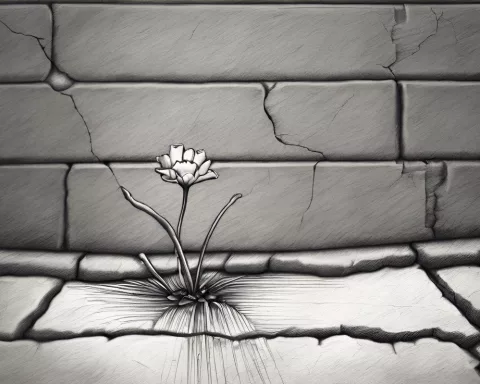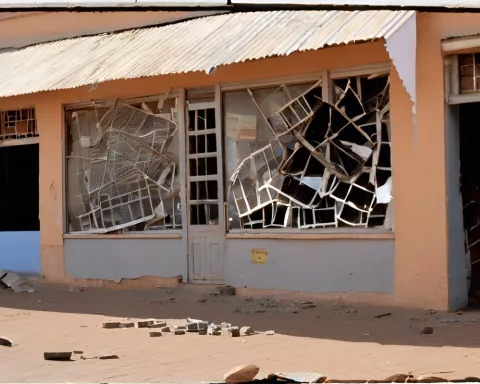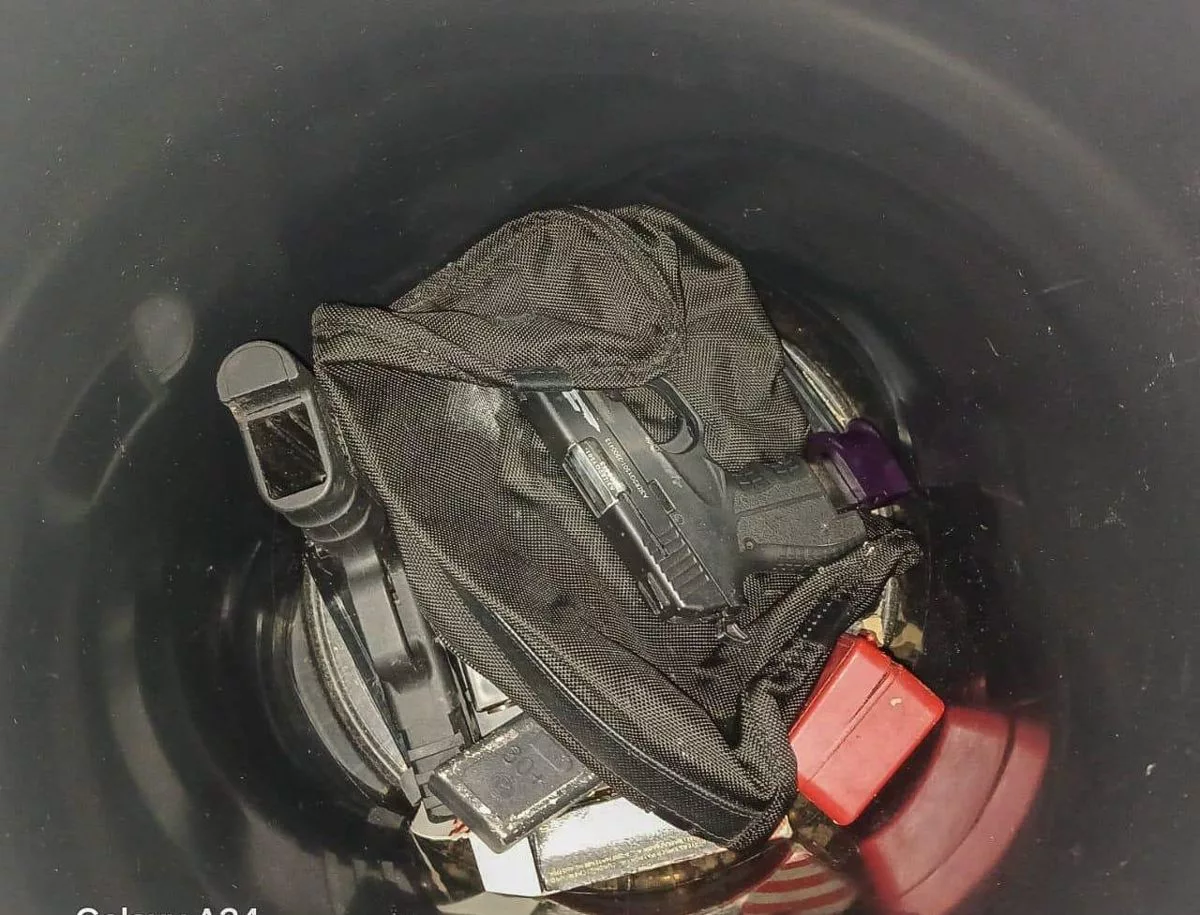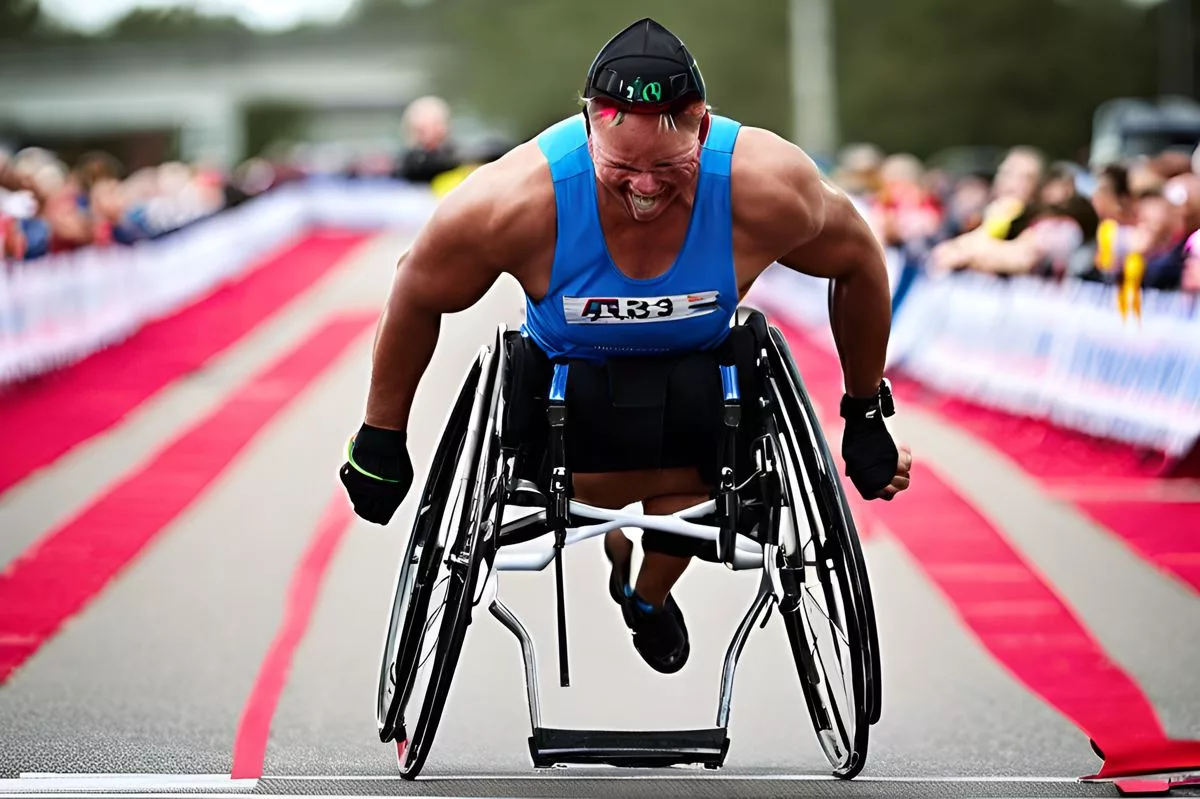Social workers in the Western Cape of South Africa are facing a growing crisis of violence, with one social worker being assaulted every week this year. The provincial government is proposing redefining attacks against social workers as “offences against the state” to deter perpetrators, but social workers are calling for practical measures such as private security officers to ensure their safety in the field. The issue calls for a balanced response that addresses the root causes of the attacks.
The Western Cape region of South Africa is facing a growing crisis of violence targeted at social workers. According to the provincial Department of Social Development, a social worker has been assaulted every week this year. The provincial government has proposed redefining attacks against social workers as “offences against the state” to discourage potential perpetrators. However, social workers are calling for practical measures such as the engagement of private security officers to ensure their safety in the field.
A Growing Crisis: Social Workers Under Attack
The Western Cape region of South Africa is in the throes of a crisis that extends far beyond the average social challenges. This year has been marked by a disturbing increase in violence targeted at social workers, leading to a strong response from the provincial government. The intensifying threat not only jeopardizes the well-being of these committed professionals but also threatens to destabilize the cohesion of the local community.
In a stark presentation to the standing committee in August, the provincial Department of Social Development painted a somber picture of the danger faced by social workers every day. Dr. Robert Macdonald, the department’s director, presented a shocking statistic: a social worker has been assaulted every week this year. This disturbing revelation led to a plea to the Department of Justice for intervention.
A Bold Step Towards Justice
The provincial government hasn’t just passively sought help from the justice department. They’ve proposed a bold strategy: redefining attacks against social workers as ‘offenses against the state.’ This would mean such crimes would face harsher legal repercussions, potentially discouraging potential perpetrators.
However, the promise of stricter legal consequences doesn’t assuage the anxiety of those who are directly targeted by these attacks. Xolisani Sibhozo, a social worker operating in Khayelitsha since 2012, emphasizes the urgent need for practical measures. His own experiences, woven together with the collective trauma of his colleagues, provide a sobering account of their reality.
Sibhozo recalled a harrowing episode involving a fellow social worker who, after surviving a gunshot to the head, felt compelled to request a transfer from Khayelitsha. Unfortunately, such experiences are not uncommon. Sibhozo disclosed that some programs have had to be put on hold due to these safety issues, leaving the community deprived of essential social services.
Protecting our Protectors: Calls for Additional Security
Sibhozo suggests a possible solution: the engagement of private security officers. This extra barrier of defense could ease some of the strain on law enforcement and provide an additional shield for social workers. It’s a practical and proactive method that could help stem this tide of violence.
The call for harsher legal penalties has found allies in influential circles. Both Jaco Londt, the MEC for Social Development, and Wendy Kaizer-Philander, the chair of the committee, have voiced their agreement. Kaizer-Philander draws attention to the rising incidents of hijackings and physical attacks on social workers, especially those driving government vehicles. She believes that stricter legal consequences would underscore the urgency required in dealing with these cases.
A Balanced Response: Addressing the Root Causes
Tsekiso Machike, the spokesperson for the Ministry of Justice and Constitutional Development, has also weighed in on the issue. He stresses the severity of attacks against public servants. However, he suggests that the response to this plea will hinge on understanding the context of the attacks.
The current predicament of social workers in the Western Cape underscores the necessity for a holistic solution. While stricter legal penalties are a part of the solution, it’s equally vital to address the root causes of these attacks. Until tangible steps are taken to ensure the safety of these public servants, the issue of their protection will continue to loom over the Western Cape.
1. What is the crisis facing social workers in the Western Cape region of South Africa?
Social workers in the Western Cape region are facing a growing crisis of violence, with one social worker being assaulted every week this year.
2. What is the provincial government proposing to do to address the issue of attacks against social workers?
The provincial government is proposing redefining attacks against social workers as “offences against the state” to deter perpetrators.
3. What practical measures are social workers calling for to ensure their safety in the field?
Social workers are calling for practical measures such as private security officers to ensure their safety in the field.
4. Why do social workers need additional security measures?
Social workers are facing increasing incidents of violence, including hijackings and physical attacks, and private security officers could provide an extra layer of protection.
5. What is the root cause of the attacks against social workers?
While stricter legal penalties are part of the solution, it’s important to address the root causes of these attacks, which may include social and economic factors.
6. Why is it important to address the issue of attacks against social workers?
The safety of social workers is crucial for the well-being of the community and the provision of essential social services. Until tangible steps are taken to ensure their safety, the issue will continue to loom over the Western Cape.












